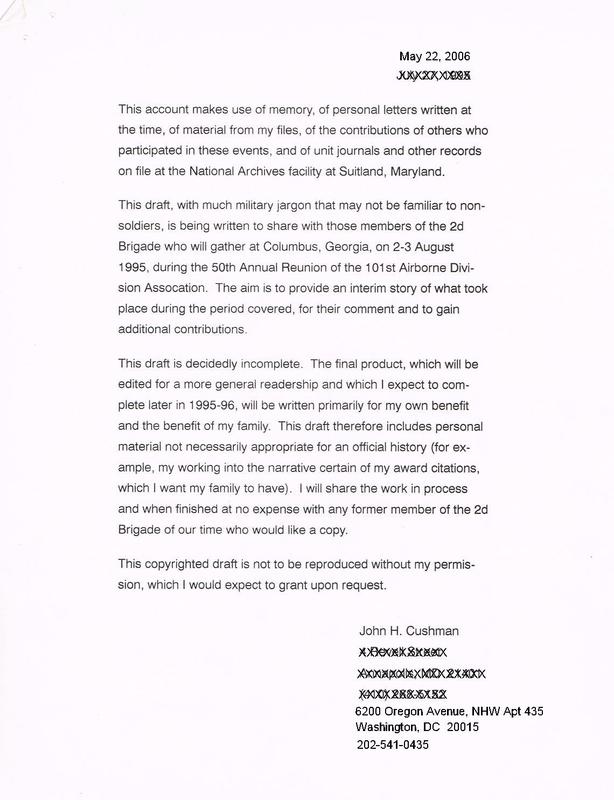

While Saint-Simon was considered a writer possessing a high level of skill for narrative and character development, it was not until well after his death that his work as a memoirist was recognized, resulting in literary fame. Until the Age of Enlightenment encompassing the 17th and 18th centuries, works of memoir were written by Anthony Ashley-Cooper, 1st Earl of Shaftesbury François de La Rochefoucauld, Prince de Marcillac of France and Louis de Rouvroy, duc de Saint-Simon, who wrote Memoirs at his family's home at the castle of La Ferté-Vidame. In the Middle Ages, Geoffrey of Villehardouin, Jean de Joinville, and Philippe de Commines wrote memoirs, while the genre was represented toward the end of the Renaissance, through the works of Blaise de Montluc and Margaret of Valois, that she was the first woman to write her Memoirs in modern-style. A genre of book writing, Nikki Bungaku, emerged during this time. The Sarashina Nikki is an example of an early Japanese memoir, written in the Heian period. This kind of memoir refers to the idea in ancient Greece and Rome, that memoirs were like "memos", or pieces of unfinished and unpublished writing, which a writer might use as a memory aid to make a more finished document later on. The noted Libanius, teacher of rhetoric who lived between an estimated 314 and 394 AD, framed his life memoir as one of his literary orations, which were written to be read aloud in the privacy of his study. His second memoir, Commentarii de Bello Civili (or Commentaries on the Civil War) is an account of the events that took place between 49 and 48 BC in the civil war against Gnaeus Pompeius and the Senate. In the work, Caesar describes the battles that took place during the nine years that he spent fighting local armies in the Gallic Wars. Memoirs have been written since the ancient times, as shown by Julius Caesar's Commentarii de Bello Gallico, also known as Commentaries on the Gallic Wars. The author of a memoir may be referred to as a memoirist or a memorialist.

A biography or autobiography tells the story "of a life", while a memoir often tells the story of a particular career, event, or time, such as touchstone moments and turning points in the author's life. While memoir has historically been defined as a subcategory of biography or autobiography since the late 20th century, the genre is differentiated in form, presenting a narrowed focus, usually a particular time phase in someone's life or career. The assertions made in the work are thus understood to be factual. w ɑːr/ from French mémoire, from Latin memoria 'memory, remembrance') is any nonfiction narrative writing based on the author's personal memories. Title page of Henry Thoreau's memoir, Walden (1854)Ī memoir ( / ˈ m ɛ m. For other uses, see Memoir (disambiguation). This article is about the literary genre.


 0 kommentar(er)
0 kommentar(er)
